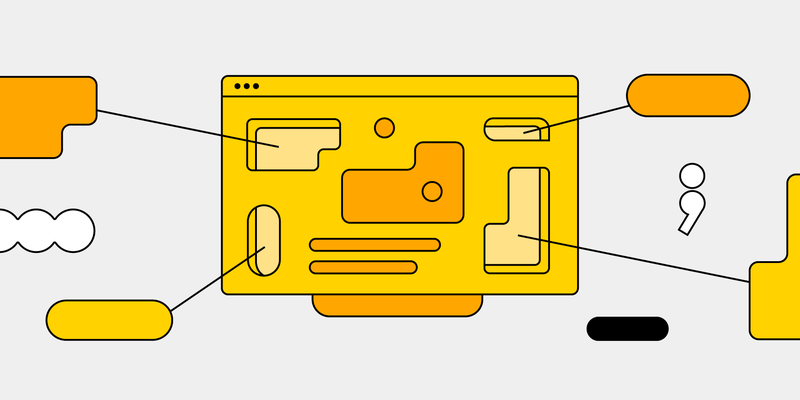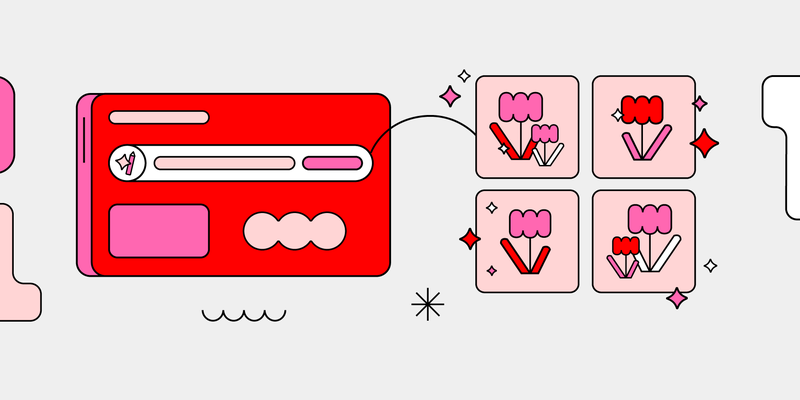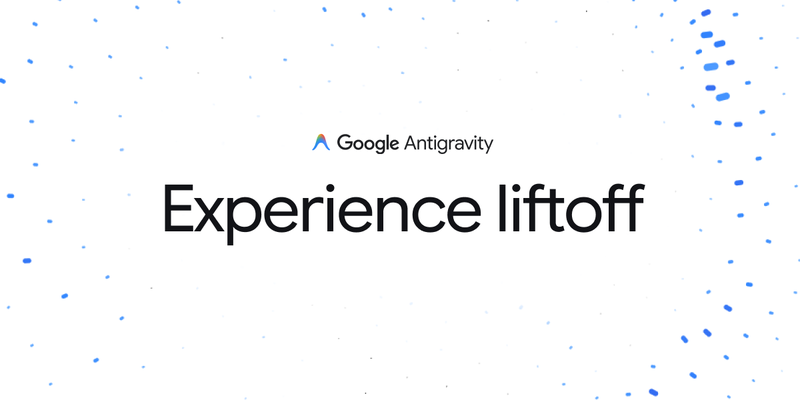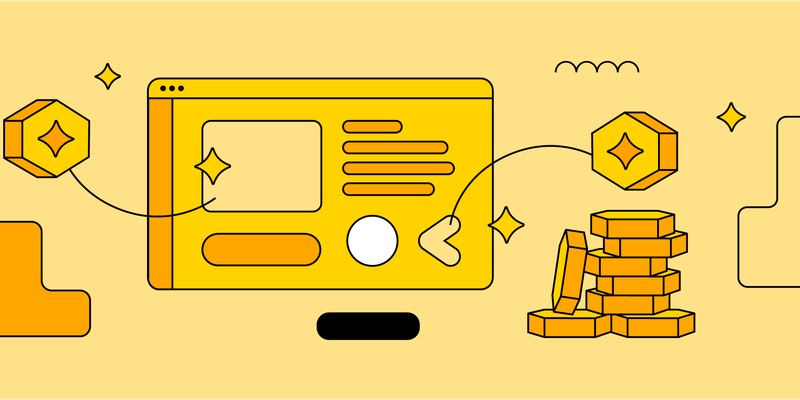43 results
DEC. 17, 2025 / AI
Introducing the Agent Development Kit (ADK) for TypeScript, an open-source framework for building complex, multi-agent AI systems with a code-first approach. Developers can define agent logic in TypeScript, applying traditional software development best practices (version control, testing). ADK offers end-to-end type safety, modularity, and deployment-agnostic functionality, leveraging the familiar TypeScript/JavaScript ecosystem.

DEC. 15, 2025 / Mobile
A2UI is an open-source project for agent-driven, cross-platform, and generative UI. It provides a secure, declarative data format for agents to compose bespoke interfaces from a trusted component catalog, allowing for native styling and incremental updates. Designed for the multi-agent mesh (A2A), it offers a framework-agnostic solution to safely render remote agent UIs, with integrations in AG UI, Flutter's GenUI SDK, Opal, and Gemini Enterprise.

DEC. 11, 2025 / AI
The new Gemini Interactions API enables stateful, multi-turn AI agent workflows, providing a single interface for raw models and the Gemini Deep Research Agent. It can be integrated with existing ADK systems as a superior inference engine with simplified state management, or used as a transparent remote A2A agent via InteractionsApiTransport, allowing seamless expansion of multi-agent systems with minimal refactoring.

DEC. 9, 2025 / AI
Google Cloud enables end-to-end confidential applications, protecting sensitive data 'in-use' with hardware isolation. The solution combines Confidential Space (TEE/attestation), Oak Functions (private sandbox), and Oak Session (attested end-to-end encryption for scale). This framework anchors user trust in open-source components, proving confidentiality for sensitive workloads like proprietary GenAI models, even when running behind untrusted load balancers.

NOV. 20, 2025 / AI
Introducing Google Antigravity, a new agentic development platform for orchestrating code. It combines an AI-powered Editor View with a Manager Surface to deploy agents that autonomously plan, execute, and verify complex tasks across your editor, terminal, and browser. Agents communicate progress via Artifacts (screenshots, recordings) for easy verification. Available now in public preview.

NOV. 7, 2025 / AI
Agent Garden is now available to all users to simplify AI agent creation and deployment using the Agent Development Kit (ADK). It provides curated agent samples, one-click deployment via Agent Starter Pack, and customization through Firebase Studio. It helps developers with complex business challenges and multi-agent workflows, with Renault Group cited as an early success story.

NOV. 7, 2025 / AI
The Agent Development Kit (ADK), an open-source, code-first toolkit for building powerful and sophisticated AI agents, now supports Go. ADK moves LLM orchestration and agent behavior directly into your code, giving you robust debugging, versioning, and deployment freedom. ADK for Go is idiomatic and performant, leveraging Go's strengths, and includes support for over 30+ databases and the Agent-to-Agent (A2A) protocol for collaborative multi-agent systems. Start building today!

OCT. 8, 2025 / Web
This guide shows you how to fine-tune the Gemma 3 270M model for custom tasks, like an emoji translator. Learn to quantize and convert the model for on-device use, deploying it in a web app with MediaPipe or Transformers.js for a fast, private, and offline-capable user experience.

SEPT. 26, 2025 / AI
The GKE Inference Gateway now integrates with Apigee, allowing enterprises to unify AI serving and API governance. This enables GKE users to leverage Apigee's API management, security, and monetization features for their AI workloads, including API keys, quotas, rate limiting, and Model Armor security.

SEPT. 26, 2025 / AI
The ADK and AG-UI integration enables developers to build interactive AI applications by combining a powerful backend (ADK) with a flexible frontend protocol (AG-UI). This unlocks features like Generative UI, Shared State, Human-in-the-Loop, and Frontend Tools, allowing for seamless collaboration between AI and human users.
